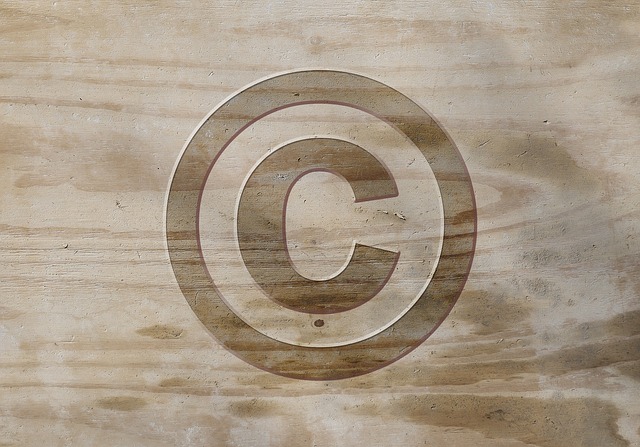
What is important to keep from this case is that the two trademarks, although both in Class 9, covered dissimilar goods and the outcome of the opposition was affected by this very reality

The “METAMASK” Case R 1657/2024-1
In the case R 1657/2024-1, the opponent Consensys Software Inc. opposed the registration of the trademark “metamask” with application number 18868719 by Chun Zhong. The opposition was based on the almost identical earlier EU trademark “METAMASK” with Registration number 17887899 of Consensys Software Inc., which was registered on 05/09/2018 and applied on 16/04/2018.
What is important to keep from this case is that the two trademarks, although both in Class 9, covered dissimilar goods.
The earlier EUTM No. 17 887 899 “METAMASK”, was registered for various blockchain-related software in Class 9, namely:
Computer software for providing an interface between an internet browser and distributed computing platforms; computer software for accessing distributed computing platforms; computer software that provides a user interface for managing digital identities and for signing blockchain transactions; computer software for securing digital identities; downloadable applications for implementing blockchain transactions and for managing digital identities; computer application software used to manage and verify digital identities and associated data transactions utilizing blockchain-based platforms; computer software for encryption; software for execution and management of secure data transactions.
The later EU trademark “metamask” with application number 18868719 was registered for various mobile phones, music files, ringtones, downloadable publications in Class 9 namely:
Downloadable emoticons for mobile phones; downloadable graphics for mobile phones; downloadable image files; downloadable music files; downloadable ring tones for mobile phones; electronic publications, downloadable; electronic sheet music, downloadable.
The opposition of Consensys Software Inc. was rejected by the Opposition Division and Consensys Software Inc. filed an Appeal.
The First Board of Appeal on 25 June 2024 dismissed the appeal filed by Consensys Software Inc. and upheld the Opposition Division's decision rejecting the opposition against the EUTM application for the word mark “metamask” . The opposition was based on the alleged likelihood of confusion with an earlier mark. However, the Opposition Division found that the contested goods in Class 9 were dissimilar to those covered by the earlier mark, and therefore no risk of confusion could be established. The appeal against this finding was unsuccessful.
It should be noted that In support of the appeal, the opponent submitted extensive market and technological evidence, arguing that the contested digital goods are increasingly distributed and authenticated as NFTs, and that the use of blockchain-related software (such as the MetaMask wallet) is complementary or even necessary for accessing or managing such goods. It argued that the relevant public, sales channels, and digital ecosystems overlap, and that modern consumers associate downloadable goods (such as music files and images) with blockchain use.
The First Board of Appeal, however, rejected these arguments, holding that the contested and earlier goods are dissimilar, and that similarity of goods is a necessary condition for the application of Article 8(1)(b) EUTMR.
The Board concluded as follows:
The contested goods (e.g. music files, ringtones, downloadable publications) differ in nature, intended purpose, and method of use from the earlier blockchain-related software
The goods were not complementary, as the earlier software is not indispensable or important for the use of the contested goods.
Even if the contested goods can be distributed via NFTs, this is not an intrinsic or defining characteristic; such uses remain optional and marginal and do not change the general assessment (paragraph 34).
The mere overlap of distribution channels or target consumers is not sufficient to establish similarity .
The earlier goods are designed for secure blockchain transactions and identity verification, whereas the contested goods are meant for consumption (e.g., listening, viewing, or reading), not for secure asset management.
The Board also noted that although the opponent submitted evidence of reputation, it did not invoke Article 8(5) EUTMR, which might have been applicable despite the dissimilarity of goods (paragraph 41).
Other Articles in the same Series
The Case T‑1096/23 Lotus Bakeries vs EUIPO
Color trademarks cannot be registered unless if the acquired distinctiveness before application

The "Metaverse Drinks" case R 2356/2022-2

The Glashutte case T-1163/23
Real goods vs Virtual reality goods

Artificial Intelligence Systems and Models.

The Nightwatch case. R 1241/2020-4
Conversation of an EU trademark when the application has been withdrawn within the Appeal period.

Expiration of Cyprus trademarks

Passing Off &Trademarks Infringement Actions

"Laws are the sovereigns of sovereigns.”
– Louis XIV
© Copyright MICHAELIDOU & CONSTANTINOU L.L.C

